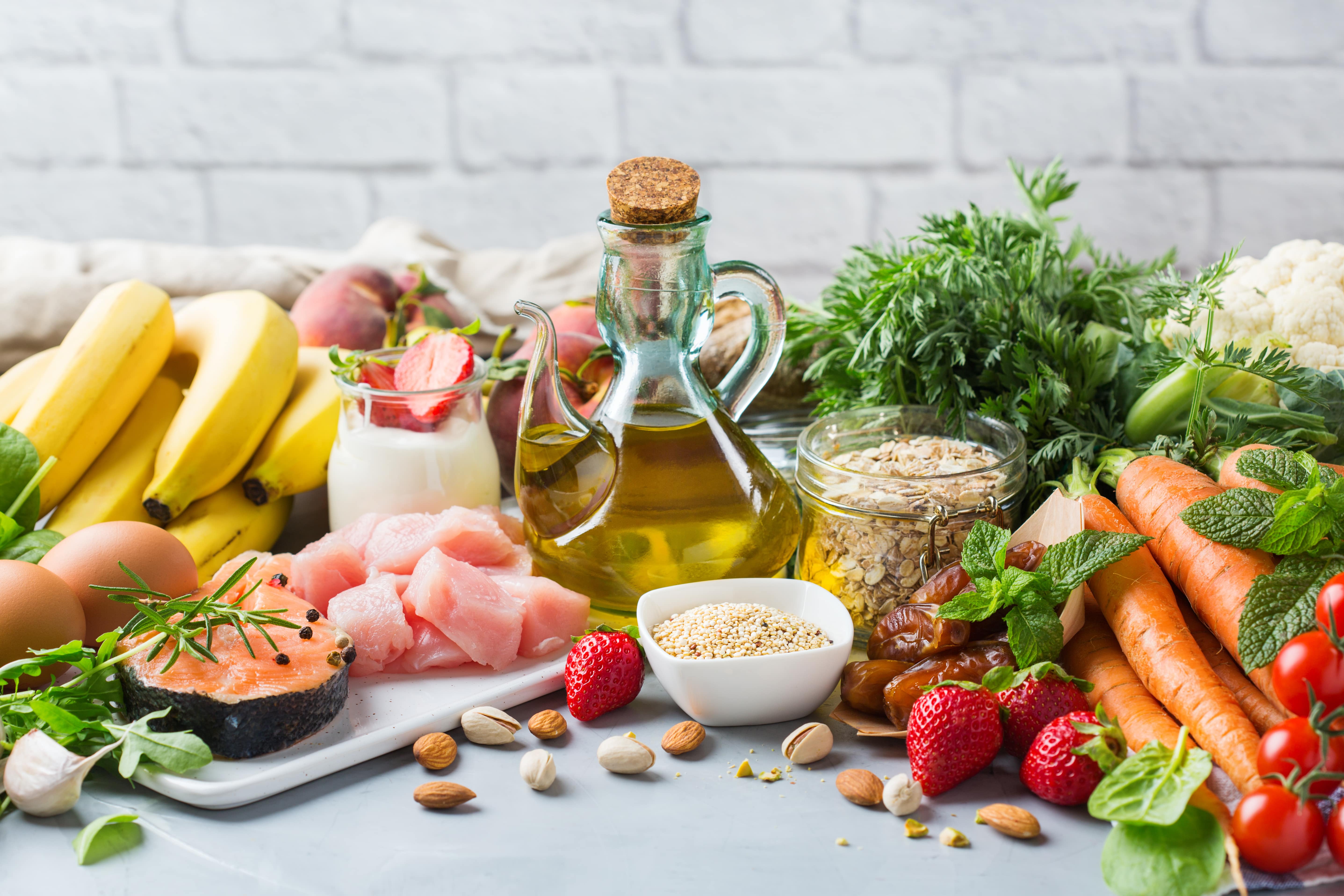
It’s not often we sit around and think about the different organs in our body and what they do every minute to keep us going through our days. But when we do stop and think about it there are two organs that could use a little more of our attention - kidneys. Kidneys are a vital part of the body. They “clean” your blood by removing wastes through your urine, help your body to make red blood cells, and regulate blood pressure. They play a role in so many aspects of our lives, silently working in the background to balance the body's minerals, remove waste and send out hormones that regulate blood pressure, red blood cell production and the calcium balance. It’s a big job for organs that are only the size of a fist and shaped like beans.
With all that in mind it’s important we keep our kidneys healthy and happy. The best way we can do this is to maintain a healthy lifestyle. This can include things like eating right, exercise, not smoking and reducing our alcohol intake. However, the reality is kidney disease is more common than we think with 1 in 10 Canadians having kidney disease. Kidney disease is a broad term used to describe a variety of kidney conditions and disorders. One of the ways to ensure your kidneys are functioning as they should, is by seeing a doctor regularly for your routine blood and urine tests. Another thing we can do is be mindful of what we eat. The DASH diet is said to be helpful for kidney health as it helps in the reduction of high blood pressure and type two diabetes which are both contributors of kidney diseases.
What is the DASH diet?
The Dietary Approaches to Stopping Hypertension (DASH Diet) is very similar to Canada’s Food Guide but looks at a few things a little differently. In a nutshell the DASH diet focuses on foods that are high in calcium, potassium, and magnesium. These nutrients can help lower blood pressure.
The DASH eating plan has seven food groups:
- Vegetables
- Fruit
- Grains (mainly whole grains)
- Low Fat or No-Fat Dairy Foods
- Lean meats, poultry and fish
- Nuts, seeds and dry beans
- Fats and Oils
DASH daily servings and examples
Vegetables: 4-5 servings
-
250 mL (1 cup) raw leafy vegetables
-
125 mL (½ cup) cooked vegetables
Fruit: 4-5 servings
-
1 medium piece of fruit
-
63 mL (¼ cup) dried fruit
-
125 mL (½ cup) fresh, frozen or canned fruit
Grains (mainly whole grains): 7-8 servings
-
1 slice bread
-
250 mL (1 cup) ready to eat cereal
-
125 mL (½ cup) cooked rice, pasta or cereal
Low Fat or No-Fat Dairy Foods: 2-3 servings
-
250 mL (1 cup) milk
-
250 mL (1 cup) yogurt
-
50 g (1½ oz) cheese
Lean meats, poultry and fish: 2 servings or less
-
3 ounces cooked lean meats, skinless poultry, or fish
-
Nuts, seeds and dry beans: 4-5 servings per week
-
1/3 cup (1.5 oz.) nuts
-
30 mL (2 tbsp) peanut butter
-
2 tbsp (1/2 oz.) seeds
-
1/2 cup cooked dry beans or peas
Fats and oils: 2-3 servings
-
5 mL (1 tsp) soft margarine
-
15mL (1 tbsp) low-fat mayonnaise
-
30 mL (2 tbsp) light salad dressing
-
5 mL (1 tsp) vegetable oil
In general, following Canada’s Food Guide mixed with a healthy lifestyle will set you up for success ensuring your kidneys are functioning well, your blood pressure stays normal and your risk for type two diabetes is reduced. However, if you are concerned about either of these health concerns the DASH diet could be a good approach for you, but it’s not for everyone. For example those on dialysis should not follow this diet. You should always see a healthcare professional before making any changes to your diet or if you feel concerned about your risk for kidney disease.
Everyone is different and seeking advice from a registered dietitian or healthcare professional should be the first thing you do when making changes to your diet. The expert, multidisciplinary care team at TELUS Health MyCare is here to help. Dietitians on the TELUS Health MyCare1 app have experience providing nutritional guidance to help with various health concerns, such as managing high blood pressure or supporting those with type 2 diabetes or those concerned about their risks. They can also assist with introducing a new diet like the DASH diet into your routine and finding out what diet would work best for your specific needs. Book an appointment in the app today.
1. Users must be 16 years or older to access dietitian appointments. Dietitian appointments are available for AB, BC, ON and SK residents. Dietitian appointments require additional payment of $120. Any payments for appointments must be paid using a valid credit card. An in-app receipt will be provided for you to claim for reimbursement if applicable.
